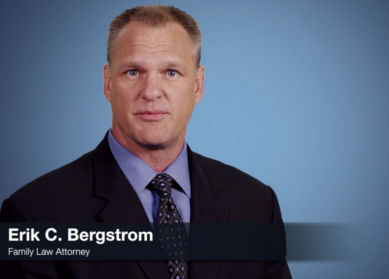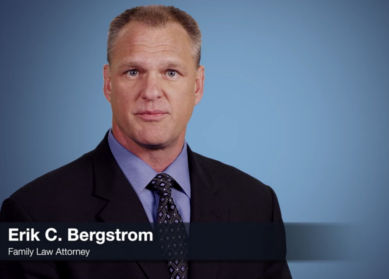Community Property vs Separate Property
In Arizona, all property acquired during the marriage is presumed to be community property, while all property owned prior to the marriage is the sole and separate property of that spouse. In a divorce, the court must allocate the separate property to the appropriate spouse and equitably divide all of the community property between both spouses.
Retirement Accounts
If your retirement account was earned entirely during the marriage, then it is presumed to be community property and will be divided equitably, which basically means equally, if your retirement account was earned partially before marriage and partially during the marriage, then it has both a separate property and community property component. The division of these mixed accounts is much more difficult and often requires an expert, such a financial analyst or CPA, to calculate the separate and community portions of the account.
Qualified Domestic Relations Order
To implement the division of certain retirement accounts, a qualified domestic relations order, or a QDRO, may be required. Division of retirement accounts can be confusing and complicated, and it is recommended that you seek advice from an experienced attorney if these issues are present in your divorce case. If you would like more information, please contact me.
By: Attorney Erik Bergstrom











